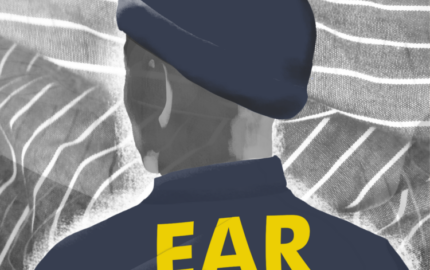You might not expect to find these stories in a research and policy journal. But since 1999, Health Affairs has quietly published compelling medical narratives. These essays, first-person stories with links to health policy, run in the journal’s Narrative Matters department. The entire 10-year collection is available free online thanks to funding from the W.K. Kellogg Foundation, which has sponsored the project from the beginning.
The essays undergo a peer-review process that hones accuracy and clarity. Narrative Matters editor Ellen Ficklen says the stories are geared toward policymakers, in an effort to show the human consequences of legislative decisions.
But they have found a broader audience. NPR, which has aired commentaries excerpted from several essays, has entered into a collaboration to produce more pieces derived from Narrative Matters essays. Audio links for the completed commentaries can be found with the text versions on the journal’s Web site, along with some podcasts, which will soon be available through iTunes U.
The most popular essay on the site, Jerald Winakur’s “What Are We Going To Do with Dad?,” was featured three years ago as a Notable Narrative on the Nieman Narrative Digest site and additionally ran in the Outlook section of The Washington Post. The Post has also started using some Narrative Matters essays in its health section, which recently lost staff reporters.
The essays range from well-done to riveting, but none of those I read got bogged down in policy or medical jargon. How does such clear and simple narrative find a home in a policy journal? “When you write for policymakers,” Ficklen says, “the person who’s actually reading it is a staffer. They have to get the story fast, and they have to get it easily. And that’s writing for everybody.”


